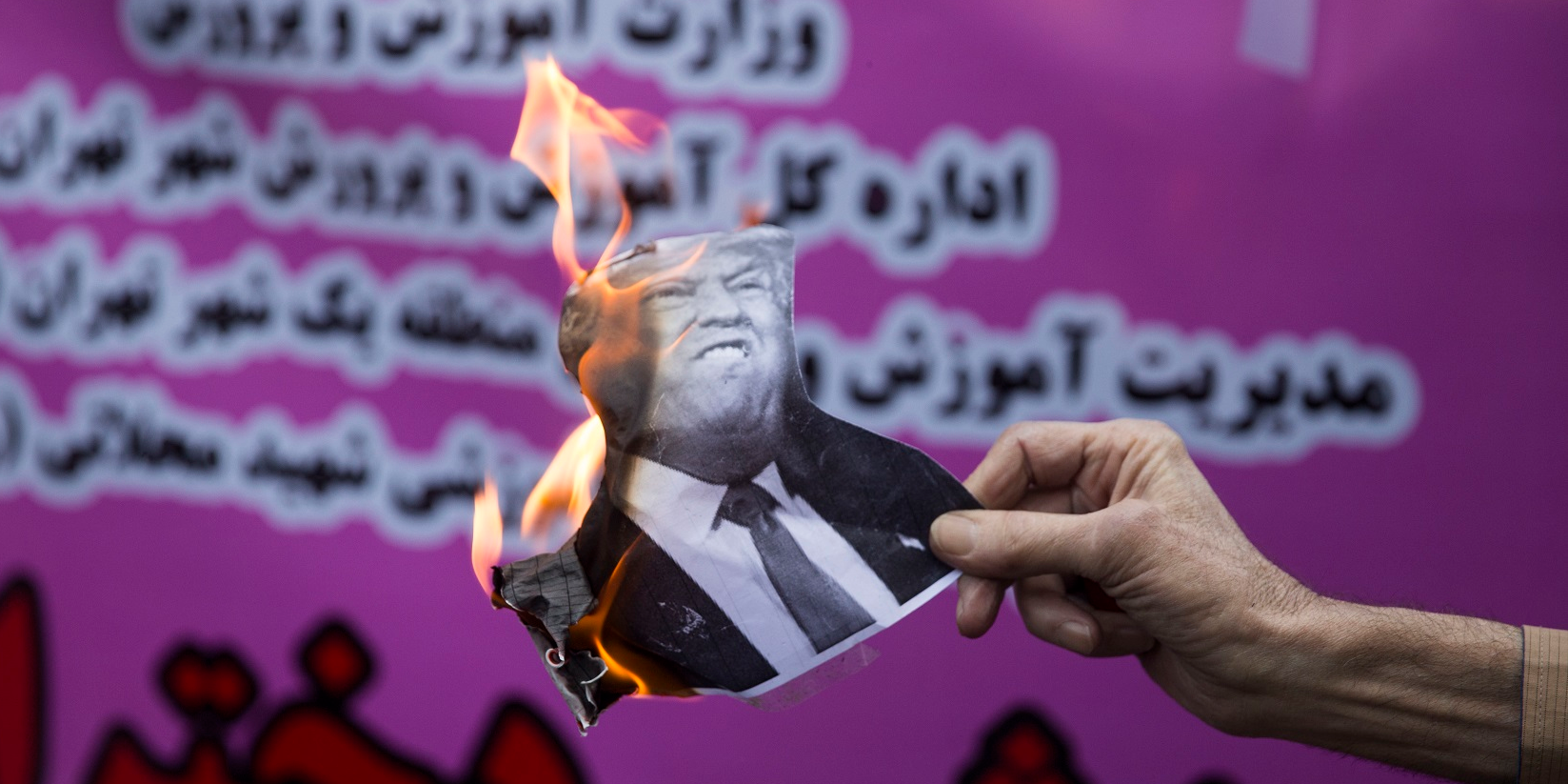- Qassem Soleimani, the leader of Iran’s elite Quds Force, died in an airstrike ordered by President Donald Trump, the Department of Defense said in a Thursday-night statement.
- Iran’s leadership has vowed to exact revenge on the US for the death of a man it considers a hero.
- Though Iran is not as militarily strong as the US, it has – under Soleimani’s leadership – developed a wide range of unconventional tools that could devastate the US.
- It could carry out cyberattacks and terrorist attacks on the US and leverage its regional partners to attack US bases. Below is a list of what Iran could do.
- “The Iranians are likely to view this attack as an act of war,” a top Middle East expert told Insider. “The potential for escalation was already high but now is nearly certain.”
- Visit Business Insider’s homepage for more stories.
Iran’s leadership has vowed to exact revenge on the US after President Donald Trump ordered an airstrike that killed its most powerful and beloved military leader, Qassem Soleimani.
Iranian Foreign Minister Mohammad Javad Zarif called the US action “international terrorism,” while the country’s supreme leader, Ayatollah Ali Khamenei, warned that “harsh retaliation is waiting.”
Trump effectively declares war on Iran
Multiple foreign-policy experts – including former US Special Envoy Brett McGurk, the former national security adviser Ben Rhodes, and the former White House Middle East and Gulf coordinator Robert Malley – have interpreted the airstrike as Trump effectively declaring war on Iran.
Dalia Dassa Kaye, director of the Center for Middle East Public Policy and a senior political scientist at the RAND Corporation, echoed these sentiments.
"This is an unprecedented escalation that goes beyond proxy conflict to targeting the Iranian state directly by assassinating its most important military official," Kaye told Insider. "The Iranians are likely to view this attack as an act of war. So the potential for escalation was already high but now is nearly certain."
"We are now at an extremely dangerous moment," Kaye added.
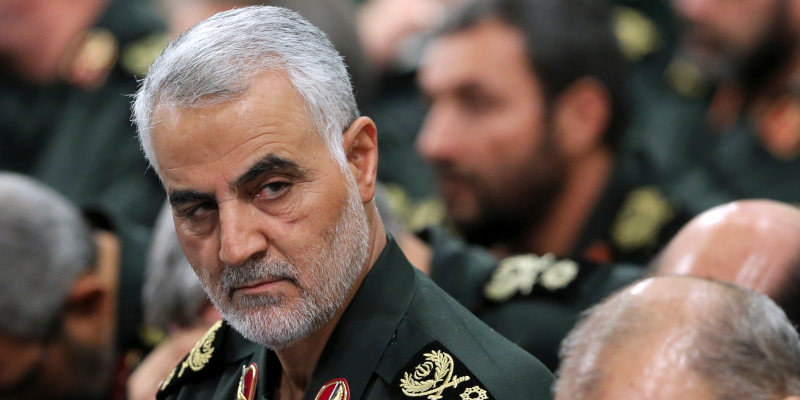
Though Iran is not as militarily strong as the US, it has - under Soleimani's leadership - developed a wide range of unconventional tools that could devastate the US. Here's how Iran could strike back.
Attacks on US personnel across the Middle East
The Defense Department said Soleimani had been "actively developing plans to attack American diplomats and service members in Iraq and throughout the region." It described the airstrike as a "decisive defensive action to protect US personnel abroad."
Iran has now gained more momentum to attack US personnel in its region.
"Immediate challenges will include keeping our embassies, troops, and personnel safe in Iraq, Syria, Lebanon, and the Gulf," tweeted Dan Shapiro, who served as the US ambassador to Israel from 2011 to 2017.
"The greater danger lies in attacks on US human assets and physical facilities in the region, as well as retaliation targeting its allies, primarily Israel," Randa Slim, senior fellow at the Middle East Institute, told Insider.
"For Iran the reaction is first and foremost about revenge and saving face. IRGC invincibility has been dealt a heavy blow," she added, referring to Iran's Islamic Revolutionary Guard Corps, of which Soleimani was a member.
"Confidence levels among their allies in the region have gone few notches down. The response must simultaneously reassure their allies they are back in business as usual and impose a high cost on the US for its escalation."
"The public and deliberate way in which the US did this will increase the risks of retaliation against Americans or US partners," Kaye also said, adding that it will also make it more difficult to deescalate in the future.
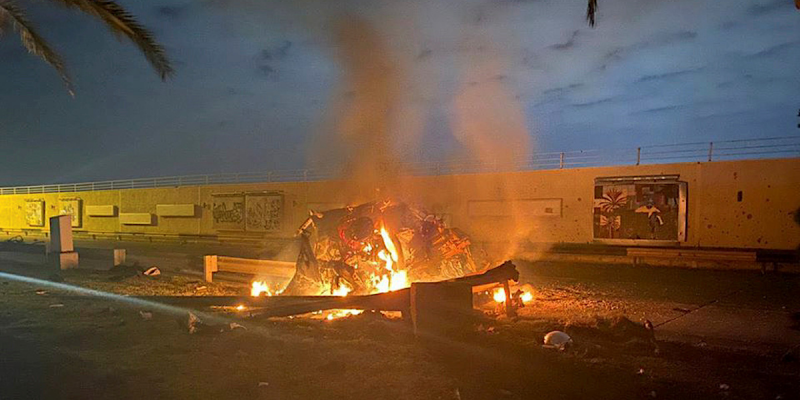
Rocket barrages on Israel, Saudi Arabia, or the UAE
Iran could respond by unleashing a series of attacks on US or US-allied troops and military bases across the Middle East and Gulf region.
Iran's options for retaliation could "include a wave of rocket attacks on Israel, Saudi, possibly the UAE, etc., and a surge of ground attacks on troops and bases in the region," the counterinsurgency expert David Kilcullen told The Daily Beast.
Kilcullen worked alongside Gen. David Petraeus on the US Iraq War troop surge from 2007 to 2008.
Cyberwar, terrorist attacks, kidnapping
Mark Fitzpatrick, a former US diplomat and associate fellow at the International Institute for Strategic Studies, told Insider that Iran could engage in "asymmetrical" warfare against the US.
"Assassinating Soleimani is akin to declaring war on Iran," Fitzpatrick said. "It won't be a conventional war, but rather one that is asymmetrical, in which Iran will fight back against US targets in places where it has a geographic advantage."
Kilcullen echoed those sentiments, telling The Daily Beast that Iran could unleash "more asymmetric or unconventional-style hits in Europe, Africa, South America, and/or the continental US."
This could come in the form of cyberattacks - which Soleimani threatened in the past - terrorist attacks, assassinations, or kidnappings.
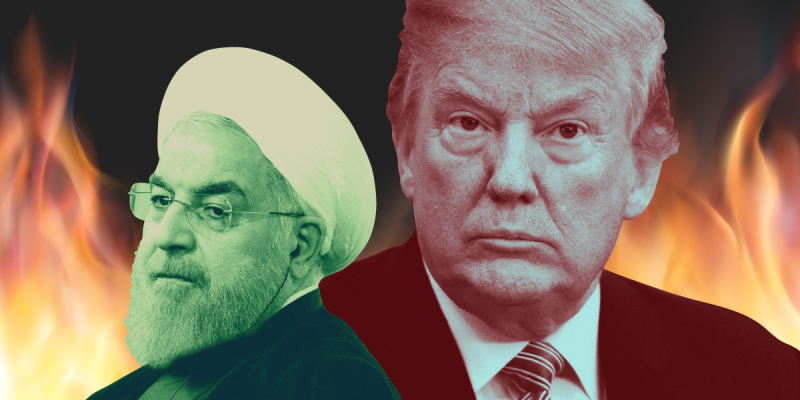
Soleimani had a lot of friends who want to strike back
As leader of the Quds Force, the elite unit of Iran's Revolutionary Guard Corps, Soleimani fostered long-standing relationships and trained various militias around the Middle East.
Some allies have already vowed to fight the US to avenge Soleimani's death.
Here's a list of the Quds Force's partners across the Middle East:
- Shiite militias in Iraq, which have battled US forces in the country since their 2003 invasion. These groups include the Asaib Ahl al-Haq and Kataeb Hezbollah paramilitary groups and the Badr Organization military wing, according to the Associated Press.
- The Lebanon-based Hezbollah militia, which the Quds Force helped found in the 1980s. The group has been held responsible for numerous skirmishes in the region and has tens of thousands of rockets that could easily reach the US ally Israel. Hezbollah officials also occupy top posts in the Lebanese government.
- The Shiite Houthi rebels in Yemen, where a Saudi-led alliance is waging a proxy war. The Houthis claimed responsibility for attacks on Saudi Aramco's oil facilities in Saudi Arabia last year. The US blamed Iran for the attacks, which Iran denied.
- Hamas, the Sunni militant organization in the Gaza Strip. Though Iran stopped giving Hamas financial assistance in 2011, the country is believed to have continued military support to its armed wing, the AP reported.
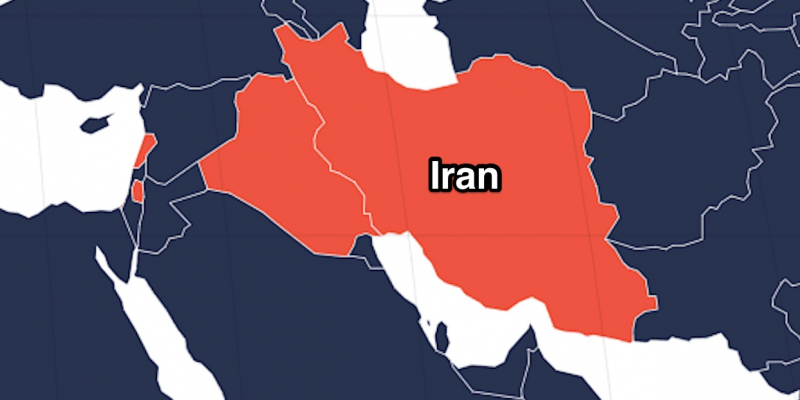
Hezbollah's leader, Hassan Nasrallah, vowed in a Friday-morning speech to "continue on the path" of Soleimani and called on fighters around the world to punish those behind the attack.
"Meting out the appropriate punishment to these criminal assassins ... will be the responsibility and task of all resistance fighters worldwide," Nasrallah said, according to The Daily Telegraph.
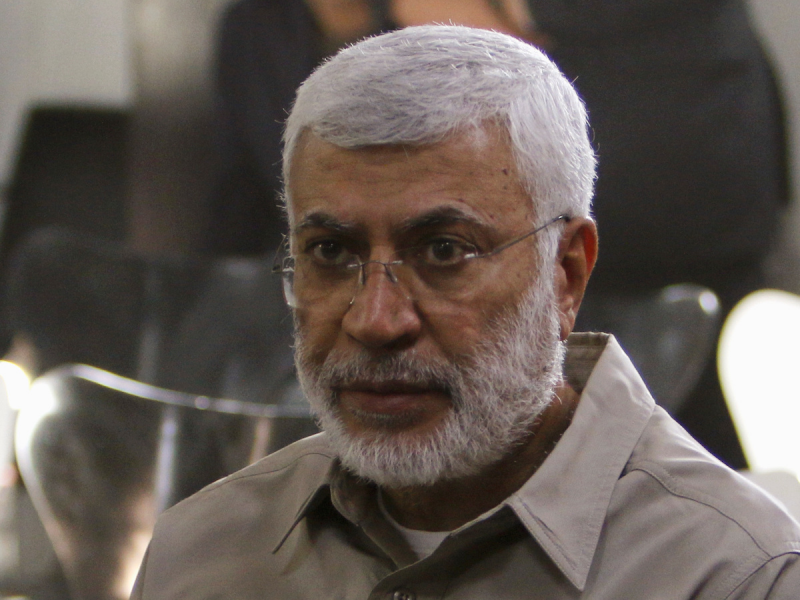
Abu Mahdi al-Muhandis, the leader of Kataeb Hezbollah, was also killed in the strike against Soleimani, the AP reported.
The US strike on Soleimani came days after Kataeb Hezbollah attacked the US Embassy in Baghdad. This was in response to US airstrikes in Iraq and Syria that killed an estimated 25 members of Kataeb Hezbollah on Sunday and were themselves a response to a rocket attack that killed a US contractor.
Last week Iran also partnered with Russia and China to carry out their first joint naval drills in the Gulf of Oman in an apparent challenge to US forces in the region. The Russian Foreign Ministry on Friday condemned the US airstrike as "a reckless step that will lead to escalating tensions in the whole region" but did not elaborate.
In other words, even if Iran's military can't defeat the US alone, it could call on its numerous regional partners.
Fitzpatrick, the former US diplomat, told Insider that the logic of the Soleimani strike was to "reestablish deterrence...but one wonders if the Trump team thought through how it will play out."
"The bitter irony is that while the justification for the assassination was to 'deter future Iranian attacks,' it ensures that there will be many more attacks," Fitzpatrick said.
Shapiro, the former US ambassador to Israel, also tweeted: "The strategic consequences can last months, or years."
"Time to breathe deeply, prepare seriously, and give our personnel and allies all the support they need."
- Read more:
- Trump tweets predicting Obama would start a war with Iran to get re-elected are coming back to haunt him
- Lawmakers react in strikingly different ways after the US claimed responsibility for an airstrike that killed Iran's top general
- Trump tweeted a photo of the American flag minutes before the Pentagon claimed the US killed Iran's top military general in an airstrike
- How the Trump administration got into a showdown with Iran that could lead to war
